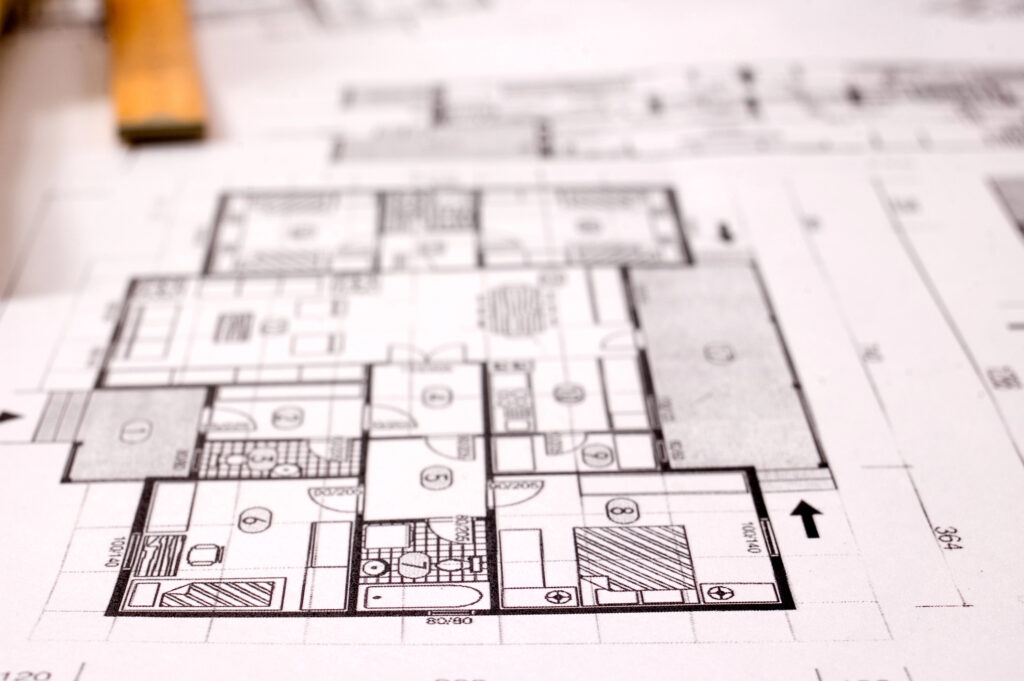Prince Edward Island (PEI) has secured $2.4 million in federal funding through Natural Resources Canada’s Codes Acceleration Fund to adopt more energy-efficient building standards. This initiative will help reduce greenhouse gas emissions, support energy affordability, and modernize construction practices across the province.
The building sector is Canada’s third-largest source of greenhouse gas emissions, contributing significantly to climate change. With space and water heating accounting for 96% of building-related emissions, transitioning to energy-efficient designs has the potential for significant impact.
Enhancing Building Codes in PEI
The funding will enable PEI to implement higher performance tiers of the 2020 National Model Energy Codes. These standards aim to improve energy efficiency in residential, commercial, and institutional buildings. The provincial government plans to address barriers to adopting advanced codes and build capacity in the construction industry by:
- Conducting a feasibility study to identify implementation challenges.
- Hiring additional building officials to assist with training and enforcement.
- Delivering specialized training programs for construction professionals and regulatory staff to support compliance with updated standards.
The overall goal is to ensure that new buildings meet higher energy efficiency requirements, reducing energy consumption and emissions from heating and cooling systems.
Impacts
The adoption of higher energy performance tiers in Prince Edward Island is intended to improve the energy efficiency of buildings in the province. These changes involve updates to construction codes that will affect building practices across residential, commercial, and institutional sectors. The initiative will include the hiring of additional building officials and the provision of training for industry professionals to ensure compliance with these updated standards.
According to Natural Resources Canada, the building sector accounts for a significant portion of Canada’s greenhouse gas emissions, with space and water heating identified as major contributors. By adopting higher performance tiers, PEI aims to reduce these emissions and lower energy consumption. Transitioning buildings to clean energy sources and implementing energy-efficient design features are key strategies outlined in the initiative to address these challenges.
For older buildings, which typically have higher energy costs due to outdated heating and insulation systems, improving energy efficiency may require retrofits. These retrofits are aligned with PEI’s broader goals under its net zero framework.
Codes Acceleration Fund
The $2.4 million funding for PEI is part of a larger $30 million initiative available under the Codes Acceleration Fund. The program is designed to help jurisdictions across Canada strengthen energy regulations, improve code compliance, and support market readiness for ambitious building standards. It offers two funding streams to accommodate different stakeholders.
Stream 1
This stream provides support to provinces, territories, and municipalities that have the authority to adopt mandatory energy codes. This funding can be used to accelerate the adoption of energy-efficient building standards and fill enforcement gaps.
Stream 2
The second stream offers financial assistance to organizations without legislative authority over energy codes. These funds can be used to develop tools, resources, and capacity-building initiatives that encourage broader compliance. Eligible recipients include governments that do not have the authority to adopt codes or mandatory energy regulations for homes and buildings, utilities, Indigenous organizations, non-profits, and other such organizations that are unable to directly influence building codes.
Retrofitting
In addition to new builds, the federal government emphasizes retrofitting aging properties to modern standards. These retrofits can reduce energy costs, estimated at $2,200 per year for the average Canadian household, and improve living conditions by addressing common issues like poor insulation and outdated heating systems.
Canada Green Buildings Strategy
The Canada Green Buildings Strategy is a federal initiative aimed at transforming Canada’s building sector to achieve net-zero emissions by 2050. It focuses on reducing greenhouse gas emissions from buildings, which account for 13% of the nation’s carbon emissions. This strategy prioritizes retrofitting existing structures for energy efficiency and encouraging the construction of zero-carbon, climate-resilient buildings.
Key elements include incentives for retrofits, strengthening building codes, and fostering innovation in construction. Collaboration with Indigenous communities, provinces, and industry stakeholders is central to ensuring equitable outcomes and energy affordability. This plan seeks to balance sustainability goals with economic growth. More details are available on the government website.
With the second application window open until January 10, 2025, additional jurisdictions and organizations can seek funding to support similar initiatives.



